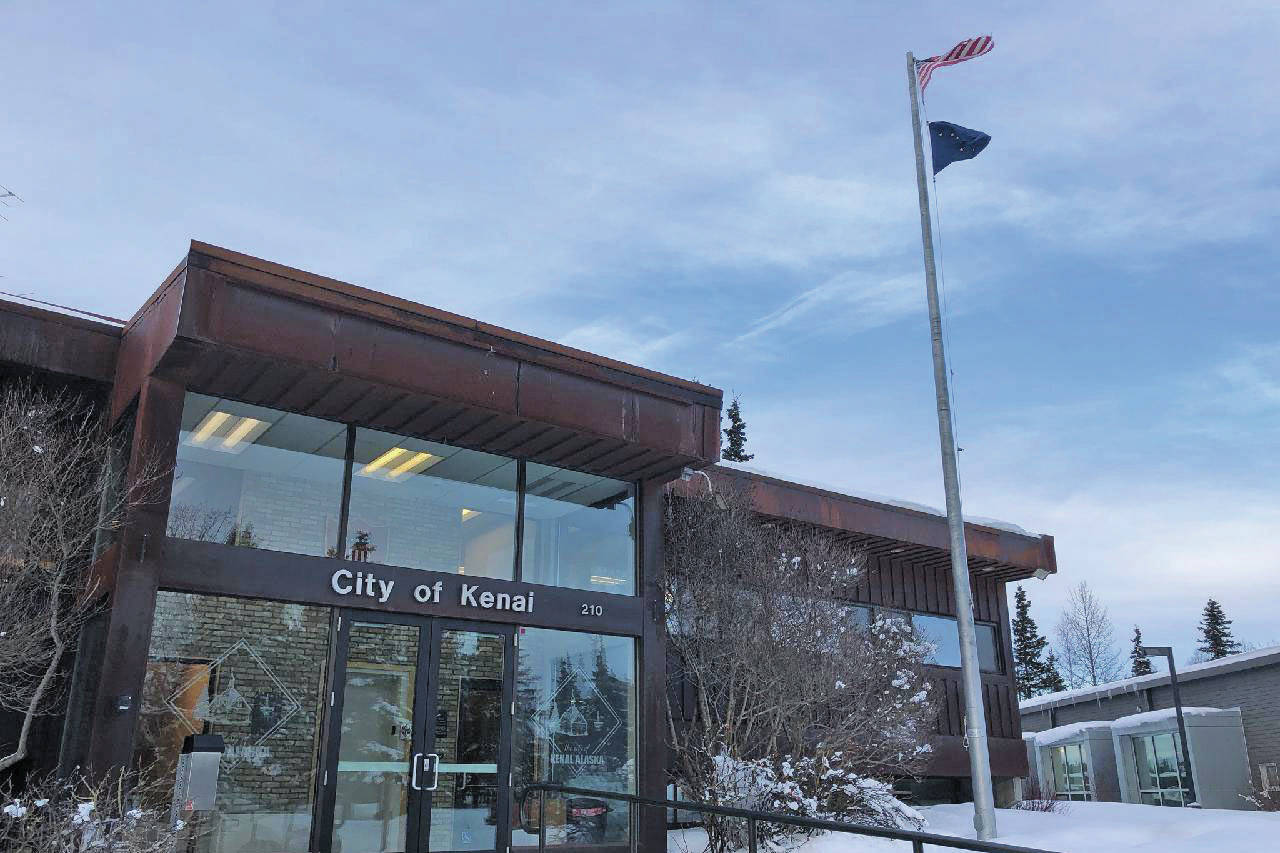More restricted income and senior housing may be coming to Kenai through the Kenai Peninsula Housing Initiative.
That’s according to legislation the Kenai City Council will vote on during their July 7 meeting, which would conditionally donate city land to the organization for the creation of new units on Redoubt Avenue. KPHI Executive Director Steven Rouse requested the land donation in a presentation to the council during their April 7 meeting.
KPHI is a nonprofit housing organization that provides affordable housing to low-income, senior and special needs peninsula residents. The organization manages 148 units at 22 properties in Kenai, Homer, Seward, Soldotna and Ninilchik with offices located at the Homer Community Housing Center.
Kenai has previously donated land to KPHI, in 2017 and in 2018, for similar projects including Clear Pointe and Kenai Meadows. The donations, Rouse said in April, helped leverage additional sources of funding including from the Alaska Housing Finance Corporation, the Rasmuson Foundation and the Wells Fargo Foundation.
The legislation, if approved, would donate 2.5 acres of city land adjacent to existing KPHI developments for the creation of 24 units of senior and low-income, multi-family rental apartments. A study commissioned by AHFC, Rouse said, has confirmed the need and demand for housing.
Land donation from the city would aid future requests for funding, which KPHI hopes to submit this August. Rouse said completion of all four phases of development would take between three and five years.
The process for providing affordable housing, Rouse said, follows a general framework of development, ownership and management. Before new housing can be offered, KPHI identifies whether there is a need for the housing, what their debt capacity is, where funding could come from and in what ways they could compete for gap or subsidy funding.
As property owners and managers, KPHI is responsible for debt service and maintenance, as well as for screening people who apply for housing, ensuring compliance with funding sources and protecting tenants and property.
Among Kenai projects, Rouse said the four phases were all completed early or on time with units rented quickly.
“Now we have 22 individuals and families that are living in projects that wouldn’t have existed had it not been for the city,” Rouse said.
Additionally, Rouse said that KPHI works to connect tenants with other community resources, including Frontier Community Services, South Peninsula Behavioral Health Services and counseling services on the central peninsula.
Kenai City Council Member Teea Winger said during the council’s April meeting that there is a need for more senior housing in Kenai.
“I do know seniors that are actually on your waiting list,” Winger said. “More senior development for low-income housing is definitely needed in our area.”
The Kenai City Council voted unanimously to postpone the legislation to their July 7 meeting, which will give the Kenai Planning and Zoning Commission time to review it and provide a recommendation to the council. A public hearing on the proposal will also be held during the council’s July 7 meeting.
More information about KPHI can be found on the organization’s website at kphi.net.
Reach reporter Ashlyn O’Hara at ashlyn.ohara@peninsulaclarion.com.

